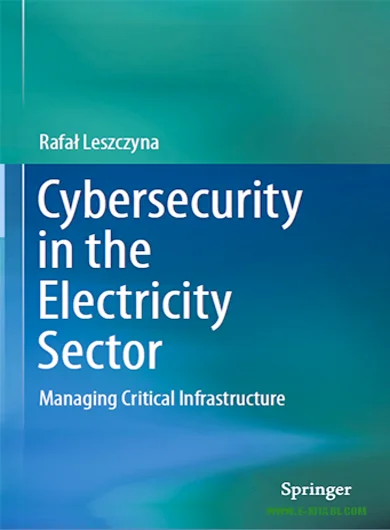The electricity sector plays a vital role in our daily lives, powering homes, businesses, and essential services. In recent years, the sector has become increasingly reliant on digital technologies to improve efficiency and reliability. However, this digital transformation has also exposed critical infrastructure to new vulnerabilities, particularly in the realm of cybersecurity.
This transformation is intrinsically linked to the proliferation of information and communication technologies (ICT), which will support all operational processes of the evolving electricity system to ensure the efficiency, quality, and reliability of energy supply. In addition, ICT will enable entirely new energy use and supply scenarios characterized by the active involvement of consumers and the diversity of interactions between the different elements of the electricity infrastructure.
Understanding cybersecurity risks in electricity
As the electricity sector becomes more interconnected and reliant on digital systems, the potential for cyberattacks increases. Threat actors, ranging from individual hackers to state-sponsored groups, target critical infrastructure to disrupt services and sow chaos. The repercussions of a successful cyberattack on the electricity sector could be catastrophic, leading to widespread power outages and significant economic losses.
The Role of Cybersecurity Measures
To combat these threats, stringent cybersecurity measures must be implemented across the electricity sector. This includes regular security audits, real-time monitoring of network traffic, and proactive threat intelligence to identify and neutralize potential risks before they escalate. By staying one step ahead of cyber threats, the electricity sector can better protect critical infrastructure and ensure uninterrupted services for the public.
Collaboration and Information Sharing
In the realm of cybersecurity, collaboration is key. By fostering partnerships between government agencies, private sector entities, and cybersecurity experts, the electricity sector can leverage collective expertise and resources to strengthen defenses against cyber attacks. Information sharing plays a crucial role in identifying emerging threats and developing effective countermeasures to safeguard critical infrastructure.
About the Book
This book provides a systematic overview of cybersecurity protection for electric power supply facilities, including associated costs, relevant standards, and recent solutions. The authors describe the current state of cybersecurity in the electric power market and the cybersecurity standards applicable in the sector. They then provide a systematic approach to cybersecurity management, including new methods of cybersecurity assessment, cost evaluation, and comprehensive defense.
This monograph is suitable for practitioners, professionals, and researchers involvedin critical infrastructure protection.



i am Electrical engr,thanks